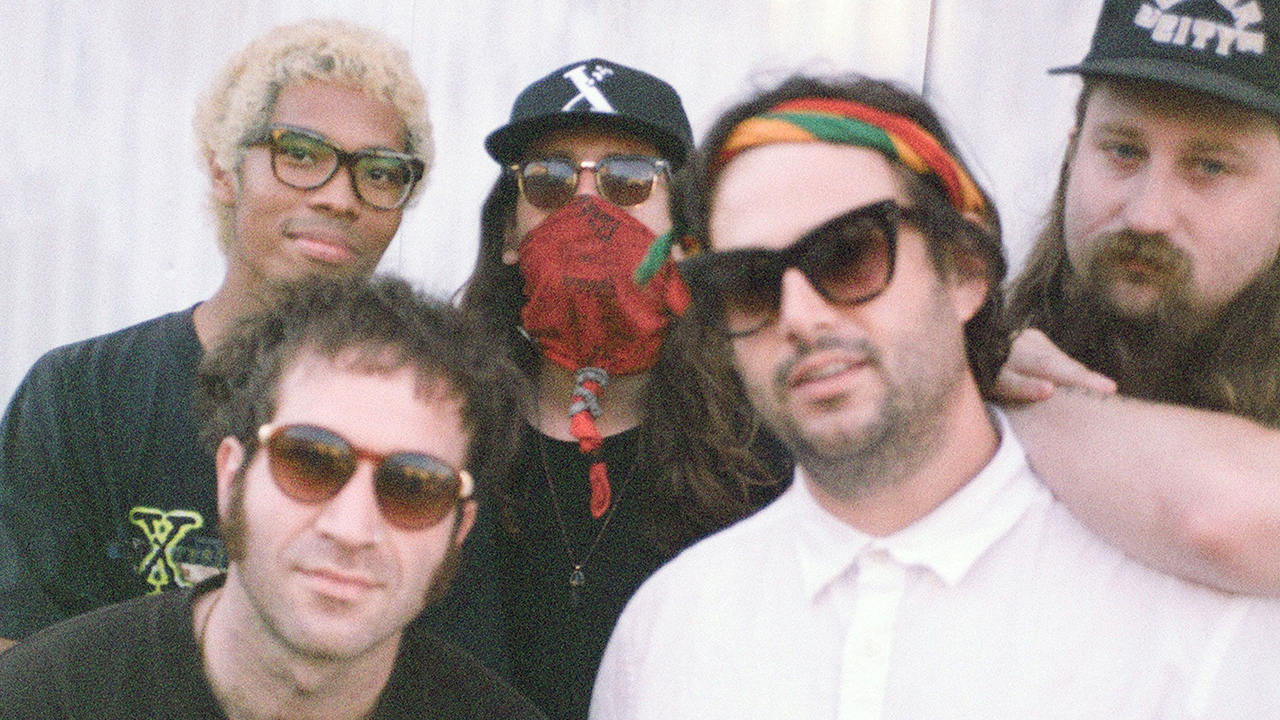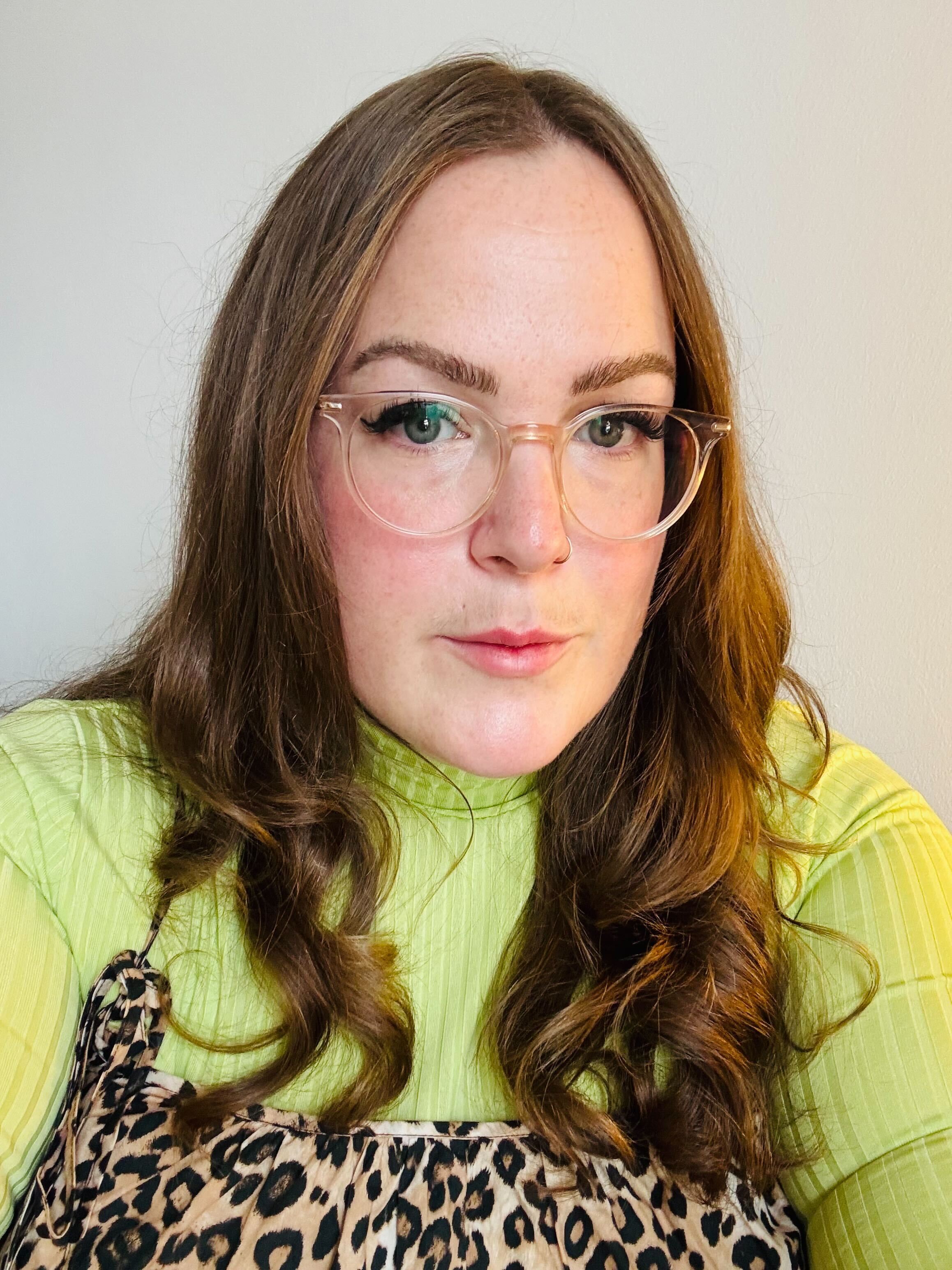Burger Records implodes and Culture Abuse cancel themselves: why are we still surprised by alternative music's sexual misconduct scandals?
Sexual misconduct within alternative music scenes is nothing new, and this week's revelations underline the fact it's almost always teenage girls who are most at risk

When I was a teenager, I had a string of wildly inappropriate boyfriends. First up was the 20-year-old who became my first proper, real-life infatuation at the age of 15. Then, at 16, there were two boyfriends, one aged 22 and the next 24. Somewhere between them I encountered a 30-year-old man who tried relentlessly to become my boyfriend. He was aware of my age, and his tactics for winning me over included lying about how old he was, constant text messaging and refusing to take no for an answer. From the ages of 15-17, fully-fledged adults would ask me out at gigs. (It’s interesting, if entirely predictable, to note that these advances all but vanished as I left my teen years behind).
Teenage girls love feeling like they’re passing as older and cooler than they actually are, and at the time I took it as triumphant vindication – proof that I was in fact extremely cool, other-worldly levels of mature and just, like, totally seemed older, y’know? In reality, I wasn’t remarkable in any sense. I was just naive enough to be an easy target.
Why is any of this relevant? Well, this week prominent indie label Burger Records collapsed under the strain of a wide-reaching sexual misconduct scandal which exposed the alleged behaviour of a number of their employees and artists towards teenage girls. Accusers pointed to the label as a place where predatory behaviour was “curated”; part of the culture by design, both among the label’s staff and its signees. Despite initially releasing a statement promising to clean up and do better, Burger Records folded on Wednesday, its co-founders going to ground and refusing to comment further.
The original allegations were collated and published by an Instagram account called Lured_By_Burger_Records, where women came forward with accounts of what allegedly happened to them at the hands of the label’s staff and bands. Burger Records was a reasonably-sized operation with a few known names, and some of those known names brought with them fanbases predominantly populated by teenage girls. Sure, this is one story about one label – only it’s not really. It’s a snapshot of what can happen in music scenes where power imbalances go unchecked and infiltrate relationships between bands and their young female fans.
A number of the bands implicated – including SWMRS, The Growlers and Nobunny – issued statements, some shed members, some imploded completely. Predictably, more accounts surfaced. Epitaph signees Culture Abuse took to their social media channels to cancel themselves before anyone else got the chance, publishing a statement announcing their break up alongside the account of a 17-year-old victim groomed by vocalist David Kelling.
"Heartbreaking news has come to our attention in the last couple of days," they wrote. "As survivors come forward, we commend their bravery and absolutely need to respect and listen to them". Kelling himself released a statement acknowledging the accusations as true. "I have to be completely honest and accountable," he wrote. "As stories come up with how toxic the music scene has been, I have to recognize where I have been guilty of similar behaviors."
Culture Abuse embodied an "open to all" ethos within their music which was designed to make punk and DIY communities as inclusive and accessible as possible. This included an emphasis on all ages shows. Well-meaning as this no-doubt was, it also meant their fanbase naturally skewed younger and in this instance, they failed them.
The latest news, features and interviews direct to your inbox, from the global home of alternative music.
None of the accounts published in the last few days make for light reading. Some will feel familiar to people who existed as teenage girls in alternative scenes themselves. I met every single one of the men I dated in my teens through alternative music scenes, by regularly attending the same types of gigs and clubs (shoutout to the 25-year-old who took me on a date to the Kerrang! club aged just 15), getting to know bands and men who were friends with bands. It wasn’t weird: most the other girls I knew through these scenes were doing the same thing with much older men.
No one batted an eyelid when a friend of a friend started publicly dating a man from a band we all loved with a rapidly-rising profile, despite the fact we all knew that friend of a friend was 16 years old and the man in question most certainly was not. We actually thought it was kind of cool when a different member of the same band made lewd comments towards another 15-year-old member of our gang. This was real inner circle shit, and it was exciting to be made to feel part of it.
These men were in bands, they ran merch stalls, they put people’s records out. There was no hiding in plain sight because they genuinely didn’t seem to feel like they had anything to hide and none of the other adults in the room seemed concerned either. It’s important to understand how normal it all was. Nothing, at any point, felt weird or wrong or bad. It wasn’t until years later, as an adult myself, I realised how deeply imbalanced it had all been. It's easy to hope things are better for kids now, that we're all paying more attention. But when transgressions like these come to light, over 20 years on from my own experiences, I'm just left with how depressingly inevitable it all feels.
We recently published a piece inspired by allegations made against former Of Mice And Men singer Austin Carlile. We argued that if we’re to really going to tackle cases of sexual assault when they happen, male musicians, their colleagues and their fans need to have the courage to confront what’s really going on. It is and always has been a minority of men causing harm to young women in music scenes, but a greater number are aware and do nothing.
There needs to be a line in the sand beyond which we’re collectively willing to call out shady behaviour as and when we see it. If your 30-year-old mate is sniffing around a 16-year-old girl, challenge it. No excuses. Only then will the culture really change. “If other members of a band don't know about abuse, they shouldn't just point out after the fact that they didn't know, they should ask themselves why they didn't know,” Safer Scenes founder Kira-Lynn Ferderber told us. “And they should commit to some kind of change for the future.
“We can keep saying ‘I never knew! I'm so shocked!’ but eventually we have to recognise that what that means is the current way of doing things isn't working. Sometimes people aren't being honest when they say they had no idea about a person's predatory behaviour, but if it really is the case that you are shocked about what someone in your scene did, cope with your surprise and then figure out a plan to do better going forward.”
Culture Abuse's response to these allegations is in fact an example to us all – unequivocal action that centres survivors. It's not bowing to 'cancel culture', it's simply promoting accountability. The frequency with which these cases are being exposed and dealt with hopefully points towards some element of material change within our scenes. But until we can be confident they’re safe, it’s up to everyone to make sure teenage girls are as protected as possible.
Additional reporting: Marianne Eloise
Briony is the Editor in Chief of Louder and is in charge of sorting out who and what you see covered on the site. She started working with Metal Hammer, Classic Rock and Prog magazines back in 2015 and has been writing about music and entertainment in many guises since 2009. Her favourite-ever interviewee is either Billy Corgan or Kim Deal. She is a big fan of cats, Husker Du and pizza.

